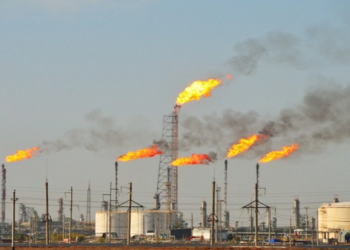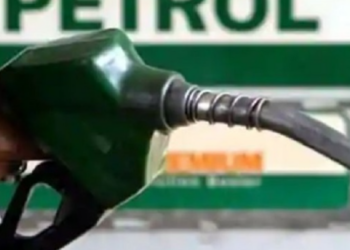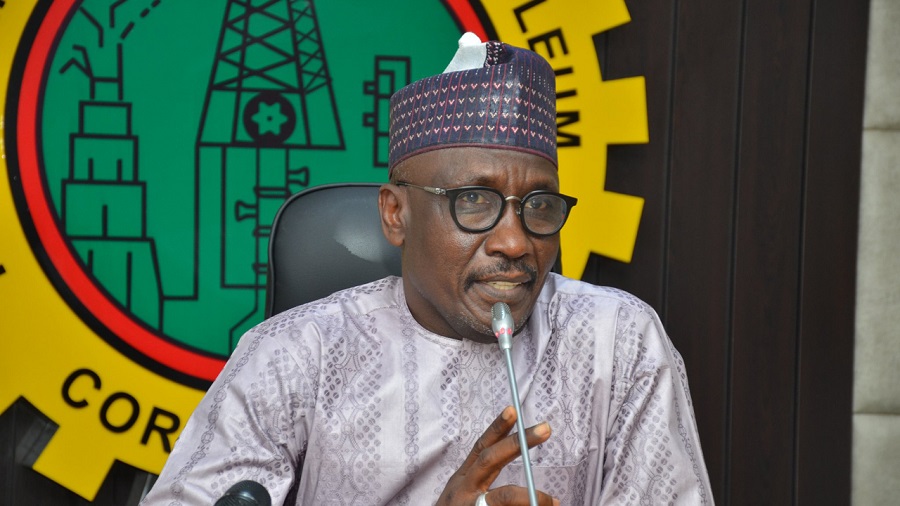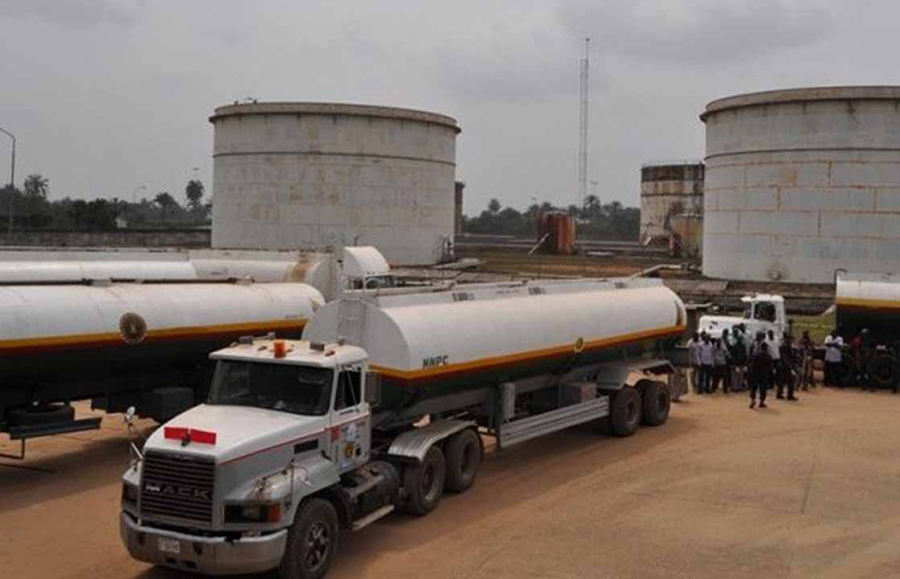Nigeria loses $150million in revenue every other day from pipeline vandalism and sideline production, Umar I. Ajiya, the chief financial officer (CFO) of the Nigerian National Petroleum Corporation (NNPC) Limited has said.
He made the statement yesterday, on Arise TV while fielding questions in an interview.
Recall that the NNPC Group Managing Director, Mele Kyari revealed on Tuesday, that the Company has uncovered an illegal 4km pipeline from Forcados in Delta State to the sea and a loading port that has operated for the last nine years.
During Ajiya’s interview on Arise TV, he admitted that pipeline vandalism had impacted NNPCL operations significantly, especially in this era of high oil prices.
He said: “At a point in this country, we had reached 2.3 to up to 2.7 million barrels per day just before the Covid-19 pandemic, but with the incessant vandalism and theft, our operators can no longer tolerate such theft levels that you send 100 barrels and you probably get 10 barrels at the terminals, so, as a consequence of that, some of them have declared force majeure and shut-in, so it is deferred production and consequently deferred revenue for us and the nation.”
Increased NNPCL revenues
While addressing the N674bn revenue increase for the fiscal year 2021, Ajiya said that certain factors were responsible for the profit.
He said during the year under review, every NNPCL business was held accountable and this helped to increase revenue and drive down costs. According to him, an automated funds management system ensures that businesses do not spend beyond a certain percentage of the revenue they make.
He said: “We have tender approval limits set for the businesses; so, the contracting pass has significantly been curtailed and the final say for contracting passes has to happen at the headquarters without compromising operational efficiency and safety.
We have tried to optimize resources and expenditures where it is absolutely necessary, we have reduced the overhead costs in the refineries, reduced the manpower levels at the refineries, and redirected the workforce at the refineries to the businesses that require the additional workforce.
Performance level
After the announcement of increased revenues for 2021, some energy analysts said that NNPCL is performing less than its peers when it comes to profiting from high oil prices. As a response, Ajiya says some analysts may not have a lot of information about NNPCL’s performance hindrances over the years. He agrees that N674bn is relatively low in comparison to the assets in NNPCL’s possession.
He said: “The fact remains that with the Petroleum Industry Act (PIA) in place, such hindrances have been removed, and so the NNPCL will be able to do better like other companies in terms of performance and profits of dividends to its shareholders. Those hindrances that have now been eliminated by the PIA will help us deliver profits in billions of dollars.
Market deregulation
Nairametrics had earlier reported that the Chartered Institute of Bankers of Nigeria (CIBN) had urged the federal government to remove subsidies and deregulate the economy.
Speaking on selling premium motor spirit (PMS) also known as petrol in a deregulated market, Ajiya says that if the market is deregulated, NNPCL will be free to sell on the basis of prevailing market prices, so, the company will be making much more profit if they were to be operating in a deregulated market.
Promises made
During his interview, Ajiya gave some assurances to the Nigerian people. Some include;
- Port Harcourt rehabilitation has commenced in earnest and will begin production by Q1 2023. Warri refinery is also undergoing rehabilitation and contractors will soon be mobilized to Kaduna.
- By 2023, our refineries will be working and refining products locally, thus reducing PMS imports.
- The significant work that is ongoing at the moment will see us bringing back production by the end of October.
Bottom line
NNPCL is supporting the energy transition journey. The company has identified natural gas as Nigeria’s transition fuel. They are committed to accelerating gas projects, gas to power, and gas to industry. They are adding value to the country’s gas resources in-country thereby creating jobs, and a manufacturing base and therefore eliminating poverty and crime.



















